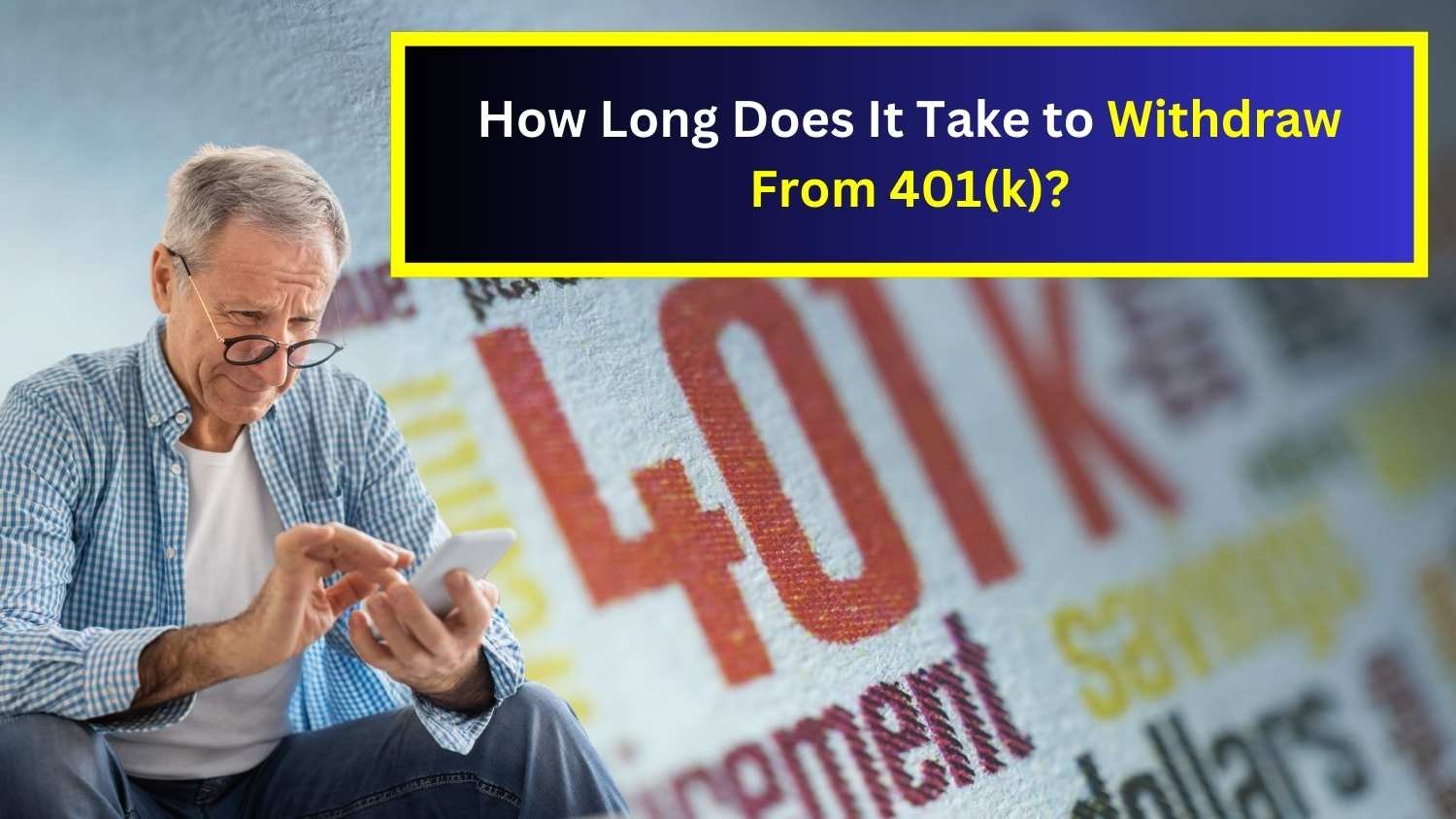Withdraw From 401(k) usually takes about five to seven business days depending on the plan administrator and the method you choose. Opting for a direct transfer may take two to three days while receiving a check can take about a week.
The exact time can vary based on factors like documentation requirements and processing delays also IRS Changes in 2025 for 401(k) Plans
Timeframe for 401(k) Withdrawals
The exact processing time for a 401(k) withdrawal depends on various factors. The process includes reviewing the request, approving it and then transferring the funds. Some plans may process withdrawals faster while others may take longer due to additional documentation requirements. Also Understand the Average 401(k) Plan Benefit for Retirees Age 65 and Older
Certain types of withdrawals, like hardship withdrawals, can take longer. These require extra paperwork and proof to justify the early withdrawal. On the other hand, rolling over a 401(k) into an IRA or another retirement account may take up to 10 days, as it involves transferring funds between financial institution.
Factors That Affect Withdraw From 401(k) Speed
Several things can influence how long it takes to receive your 401(k) funds:
- Plan administrator efficiency – Some administrators process requests faster than others.
- Method of withdrawal – Direct deposit is usually quicker than receiving a check.
- Type of withdrawal – Hardship withdrawals and rollovers often take longer.
- Additional documentation – If extra paperwork is required, the process may be delayed.
| Withdrawal Type | Estimated Timeframe |
| Direct Transfer | 2-3 business days |
| Check Payment | About 1 week |
| Standard Withdrawal | 5-7 business days |
| Hardship Withdrawal | Longer, varies |
| Rollover to IRA | Up to 10 days |
Tax and Penalty Considerations
Taking money out of a 401(k) can have financial consequences. Since contributions are made with pre-tax dollars, withdrawals are subject to income tax. Additionally, most distributions have a mandatory 20% tax withholding.
If you Withdraw From 401(k) before age 59½, you may also face a 10% early withdrawal penalty unless you qualify for an exception, such as the Rule of 55. This rule allows penalty-free withdrawals if you leave your job at age 55 or older.
Hardship withdrawals provide access to funds without the 10% penalty, but you will still owe taxes on the withdrawn amount. Another option is a 401(k) loan, which lets you borrow from your savings and repay it over time, avoiding immediate taxes and penalties as long as payments are made on schedule.
FAQs
1. How long does a 401(k) rollover take?
A direct rollover to an IRA typically takes one to three weeks. An indirect rollover must be completed within 60 days to avoid taxes and penalties.
2. Can I withdraw from 401(k) without penalty?
Yes, in some cases, such as hardship withdrawals or using the Rule of 55. Otherwise, early withdrawals before age 59½ usually come with a 10% penalty.
3. What is the fastest way to withdraw money from a 401(k)?
Using direct deposit is usually the quickest method, as it can take just a few business days compared to receiving a check by mail.
